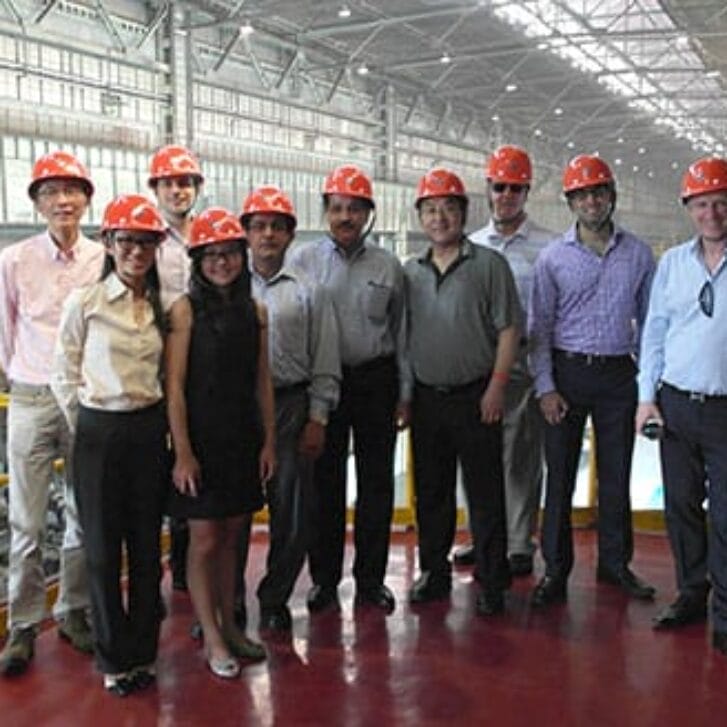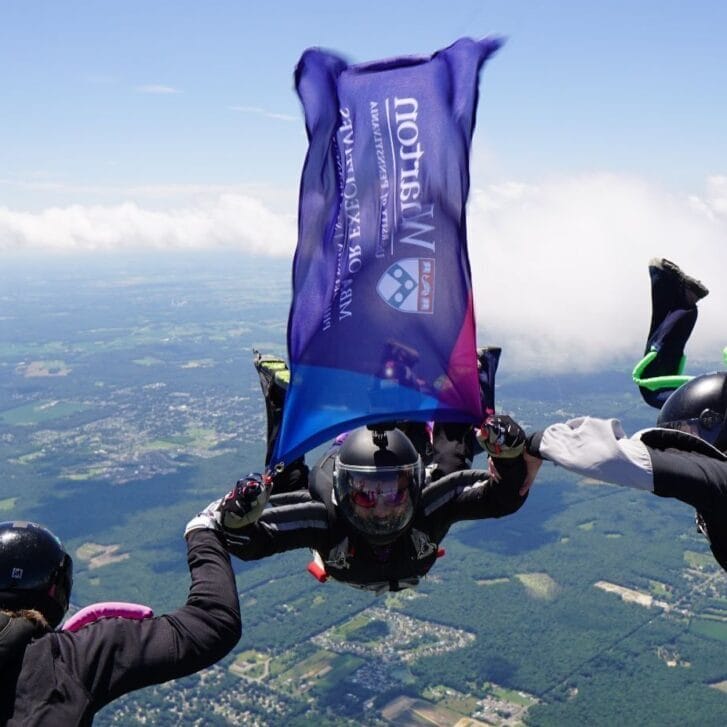Latin America Immersion Course Well Timed
Seventeen MBA students traveled to South America for an intense, two-week visit with stops in Brazil, Argentina and Peru in May 2014. They were accompanied by Daniel Gottlieb, a Wharton assistant professor of business economics and public policy and a native Brazilian, to provide insights into regional customs on this Wharton Global Immersion Program (GIP) trip.
The students met with local business leaders and government officials from a broad range of organizations, including the Brazilian Central Bank, the Rio 2016 Olympic Organizing Committee and Peru-based private equity firm Nexus Group.
Prominent alumni gave their time too, such as Federico Weil, WG’00, president and CEO of residential builder TGLT; José Raimundo Morales Dasso, WG’70, vice chairman of Credicorp, Peru’s largest financial services holding company; and Marcos Galperin, W’94, co-founder and CEO of e-commerce giant Mercado Libre Inc. The alumni provided insight into markets and Latin America’s current favorable growth environment.
One GIP highlight was a tour of the Natura Cosméticos factory in São Paulo. The students were surprised that the company provided so many employee amenities onsite—more akin to a high-tech Google campus.
While this cohort’s journey was specific to one region, the lessons learned about navigating a foreign culture can be applied anywhere in the world. Second-year MBA student Brandon Hoffman, a California native whose prior experience includes teaching English to children in China, embraced the exposure to another part of the world.
“I could see how the cultures of the various countries strongly correlated to the success and trends of its economy. If you want to do business overseas, you really need to go there, interact with the locals and learn the culture,” Hoffman says.
Exposing students to a different culture is the purpose of GIP, an elective management course that combines challenging coursework, lectures and a rigorous journey abroad.
“The goal of GIP is to provide students with a high-level survey of the economic, cultural and geopolitical drivers affecting regions important to the global economy,” says Amy Miller, the associate director of Wharton’s Global Immersion Programs.
The School consistently seeks emerging areas of the global economy for future GIPs. For the upcoming academic year, students can participate in GIPs to India, the Middle East, Southeast Asia, China/Korea and South America.
—Michael Milne, WG’86


























